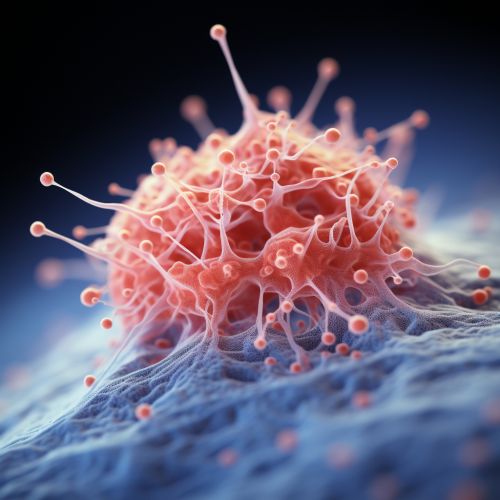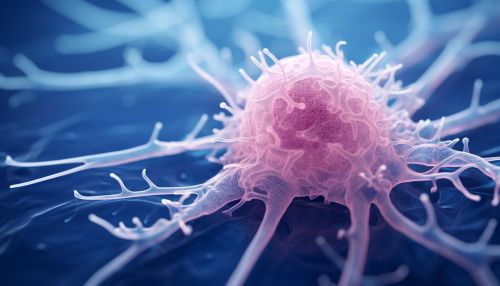The Role of Immune Responses in Organ Transplant Rejection
Introduction
The human immune system is a complex network of cells, tissues, and organs that work together to defend the body against harmful invaders. In the context of organ transplantation, the immune system plays a crucial role in determining the success or failure of the transplant. This article delves into the role of immune responses in organ transplant rejection, exploring the mechanisms involved, the types of rejection, and the strategies used to prevent or manage rejection.
Immune System and Organ Transplantation
The immune system is designed to protect the body from foreign substances. When an organ is transplanted from one person (the donor) to another (the recipient), the immune system recognizes the transplanted organ as foreign and mounts an immune response against it. This response, known as organ transplant rejection, can lead to the failure of the transplanted organ.
Mechanisms of Immune Responses in Organ Transplant Rejection
The immune response to a transplanted organ involves both the innate and adaptive immune systems. The innate immune system provides the first line of defense and responds to the transplant immediately. The adaptive immune system, on the other hand, takes longer to respond but is more specific and can remember the foreign organ for future responses.
Innate Immune Response
The innate immune response is non-specific and is triggered by the presence of foreign cells in the body. In the context of organ transplantation, the innate immune response is initiated when immune cells such as macrophages and neutrophils recognize the transplanted organ as foreign. These cells release cytokines, which are chemical signals that recruit other immune cells to the site of the transplant.


Adaptive Immune Response
The adaptive immune response is more specific and involves T cells and B cells, which are types of white blood cells. T cells recognize foreign antigens presented on the surface of the transplanted organ and mount an immune response. B cells produce antibodies against the foreign antigens, which can lead to the destruction of the transplanted organ.
Types of Organ Transplant Rejection
There are three main types of organ transplant rejection: hyperacute, acute, and chronic. Each type is characterized by different timing and mechanisms of rejection.
Hyperacute Rejection
Hyperacute rejection occurs within minutes to hours after transplantation. It is caused by pre-existing antibodies in the recipient's blood that react with the transplanted organ. This type of rejection is rare due to pre-transplant screening for donor-specific antibodies.
Acute Rejection
Acute rejection typically occurs within days to weeks after transplantation. It is caused by the adaptive immune response, particularly T cells, against the transplanted organ. Acute rejection is the most common type of rejection and is usually treatable with immunosuppressive drugs.
Chronic Rejection
Chronic rejection occurs months to years after transplantation. It is characterized by gradual loss of organ function and is thought to be caused by a combination of immune and non-immune factors. Chronic rejection is the most difficult type of rejection to treat and is a leading cause of organ transplant failure.
Prevention and Management of Organ Transplant Rejection
The primary strategy for preventing organ transplant rejection is the use of immunosuppressive drugs. These drugs suppress the immune response, reducing the risk of rejection. However, they also increase the risk of infections and other complications.
Immunosuppressive Drugs
Immunosuppressive drugs work by inhibiting the immune response to the transplanted organ. There are several types of immunosuppressive drugs, including corticosteroids, calcineurin inhibitors, and antiproliferative agents. These drugs are often used in combination to achieve the best results.
Tolerance Induction
Tolerance induction is a strategy that aims to train the immune system to accept the transplanted organ without the need for lifelong immunosuppression. This is achieved through various methods, such as donor-specific transfusion or bone marrow transplantation.
Conclusion
The immune response plays a crucial role in organ transplant rejection. Understanding the mechanisms involved in this response is key to developing strategies to prevent and manage rejection. While significant progress has been made in this field, organ transplant rejection remains a major challenge in transplantation medicine.
